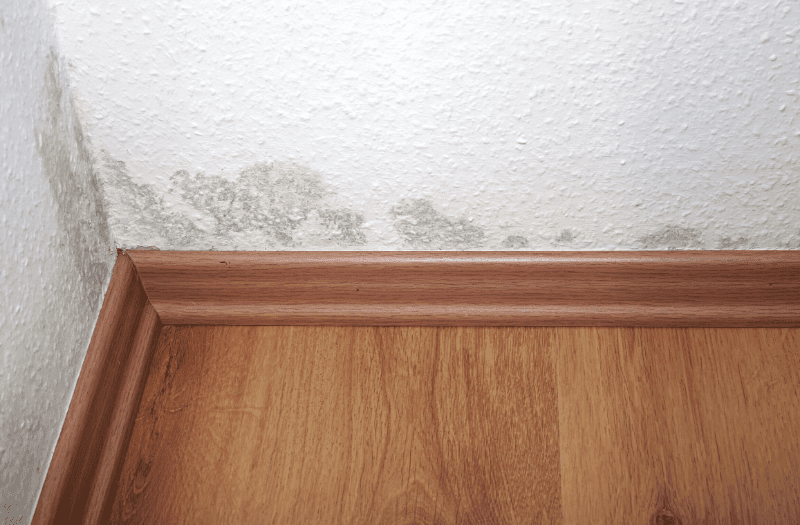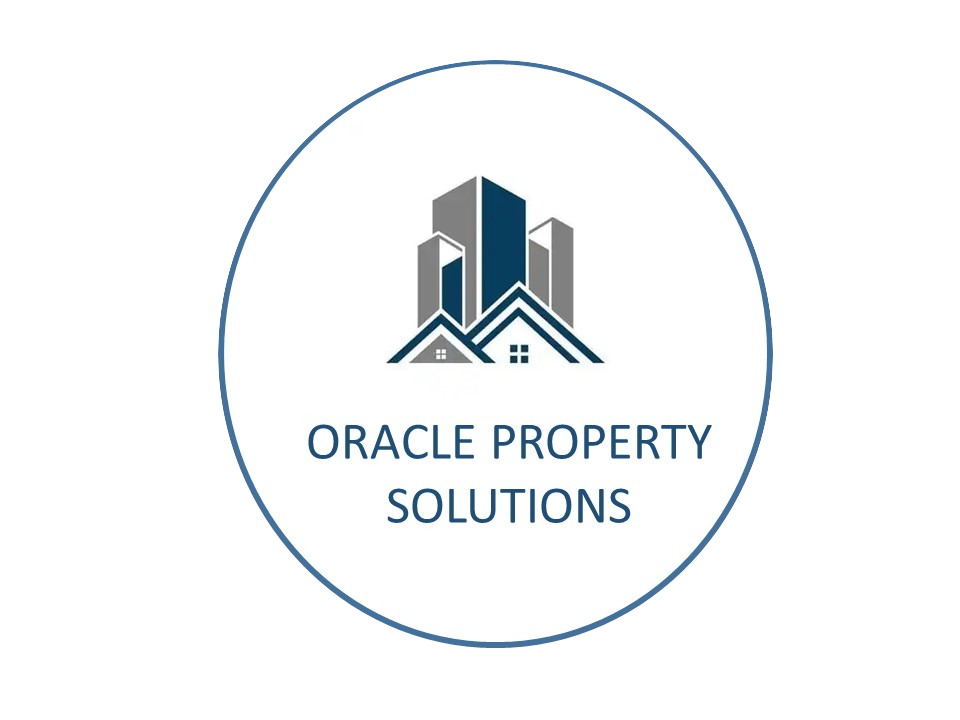At Oracle Property Solutions, we understand that mold isn't just an unsightly nuisance—it’s a serious issue that can jeopardize tenant health, compromise property value, and even lead to costly legal battles. In fact, courts have awarded millions in damages related to mold exposure, making it one of the most urgent concerns in property management today.
What Is Mold and Why Is It Dangerous?
Mold is a living fungus that exists both indoors and outdoors. While thousands of species exist, the five most commonly found in homes are:
Penicillium
Alternaria
Aspergillus
Cladosporium
Stachybotrys Chartarum (commonly known as black mold)
While “black mold” tends to get the most attention for its potential toxicity, any mold can pose health risks and should never be ignored. It’s important to note that “black mold” doesn’t always appear black, which can make identification tricky.
Exposure to toxic mold can cause or worsen:
Sinus and nasal infections
Skin abrasions and eye irritation
Coughing, sore throat, and upper respiratory issues
Allergies, asthma, or hay fever symptoms
What Causes Mold?
Mold thrives in environments where three conditions are present:
Moisture
Light
A food source
Food sources aren’t just leftover food—they can include carpets, wallpaper glue, drywall, insulation, and more. Common causes of mold in rental properties include:
Roof or plumbing leaks
Running toilets or standing water
Flooding or poor drainage
Inadequate ventilation
Condensation from windows or HVAC systems
Everyday living: A family of four can contribute up to 18 gallons of moisture into the air weekly!
How to Prevent Mold in Your Property
Preventing mold starts with proactive maintenance:
Regular plumbing inspections and repairs
Ensuring proper drainage around the property
Sealing roofs and windows to prevent leaks
Retrofitting ventilation systems and ensuring HVAC systems function properly
Using professional contractors to inspect ducting, insulation, and humidity control systems
Preventative measures are always more cost-effective than dealing with legal or health consequences down the road.
What to Do If Mold Appears
Step 1: Take it seriously. Never ignore mold complaints. If a tenant reports a mold issue, act promptly and ask questions. Courts may still hold you liable—even if your property manager was informed first.
Step 2: Assess the situation. Work with us to determine:
The type and extent of mold
Whether a mold specialist is needed
The most effective treatment approach
Step 3: Identify the source. If the mold is due to tenant behavior (e.g., poor ventilation or cooking practices), we may counsel the tenant and provide solutions. If necessary, further action may be taken—but with careful documentation to avoid legal complications.
Working Together to Protect Your Investment
At Oracle Property Solutions, we work closely with property owners to mitigate mold risk and keep properties in excellent condition. Mold remediation is a team effort—owners and managers must stay aligned to address problems quickly and responsibly.
The Bottom Line
Mold is more than just a maintenance issue—it’s a liability. Don’t ignore it. Prioritize prevention, act fast when issues arise, and partner with a professional property management team like Oracle to protect your investment. The best way to determine if mold is present is via a Mold Test! Everyone breathes in spores everyday. If tenants are having issues, a proper test is required from a licensed mold inspector to determine the type of mold and to ensure any negative types are eliminated.
For More Information
To learn more about mold regulations and safety, visit the Maryland Department of the Environment – Mold Information Page.


